MEET OUR METEOROLOGIST
- Weather Flare

- Feb 25, 2021
- 2 min read
Updated: Mar 2, 2021

Hi I’m Louise, and I have a Masters In Meteorology and Climatology; some may say that I have an unfair advantage over my peers as I can predict the weather based on my symptoms. During my time at university, I became unwell with chronic pain, digestive issues, and problems with my heartrate; I later found out that I have hypermobile Ehlers Danlos Syndrome (hEDS) and its associated comorbidities, as well as palindromic rheumatism which is an autoimmune disease that affects the musculoskeletal system.
While there are many factors that affect my symptoms, such as sleep and my activity levels, there is a strong connection between how I feel and the weather. I first noticed that when it rained, I had full body aches and often lost my voice essentially making me feel like I had the flu every time it rained; of course, it being the UK that is more frequent than I would like! Even when it doesn’t rain my symptoms often flare-up, as the weather being damp or humid can make me feel just as bad.
As I started to learn more about the weather and understanding weather forecasts, I started to be able to predict my symptoms based on what the weather charts were saying. I knew that low pressure, high humidity, and precipitation all contributed to my general pain symptoms, and that when the pressure is very high, I am more likely to get migraines and my heartrate problems. I started to look into research to find if any papers had been published on this topic, and was astounded to see how many had found similar connections to those I had experienced.
Understanding and forecasting when my symptoms are likely to be triggered has made my condition far more manageable, especially in terms of being able to schedule my work around worse symptom days. Although there is not much we can do about humidity and rain, knowing in advance what the weather will be and my symptoms likely to be means I can plan everything from what I will wear to my activity levels. Having an app like WeatherFlare will be of massive benefit to society, not just to those with disabilities and chronic illnesses; the weather also impacts age related conditions such as osteoarthritis and blood pressure problems. The wider impacts of managing symptoms around the weather include fewer trips to GPs and emergency services, fewer sick days, and keeping people in work; all of which massively benefit the economy and society.



Comments